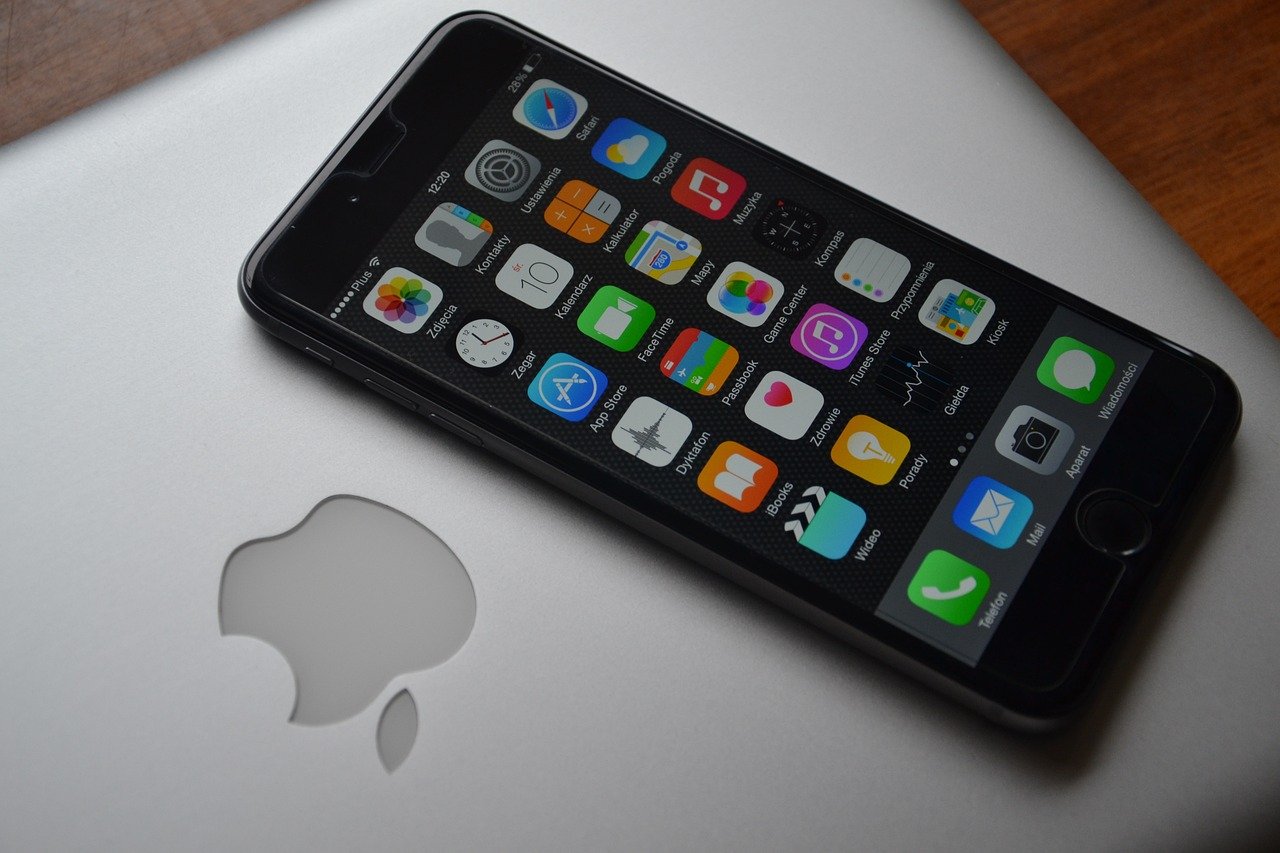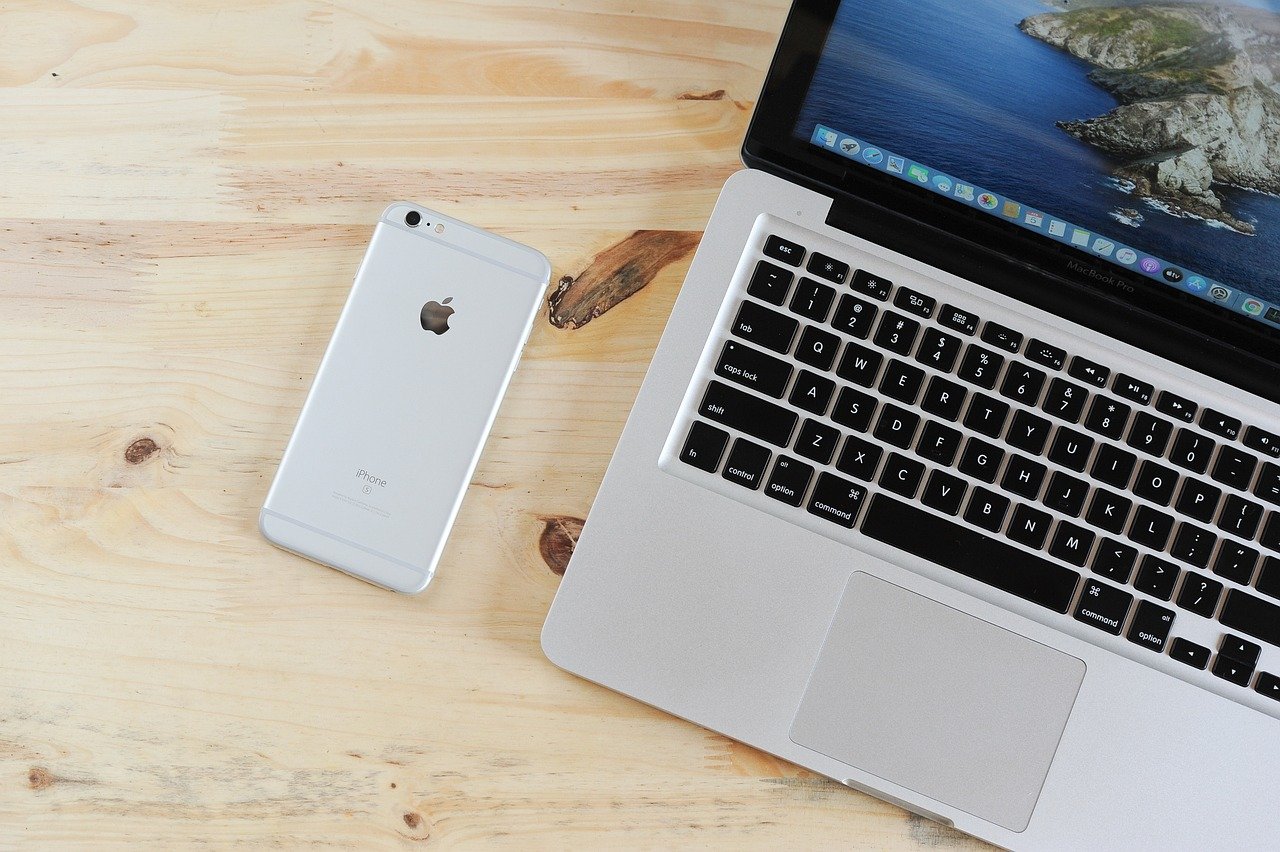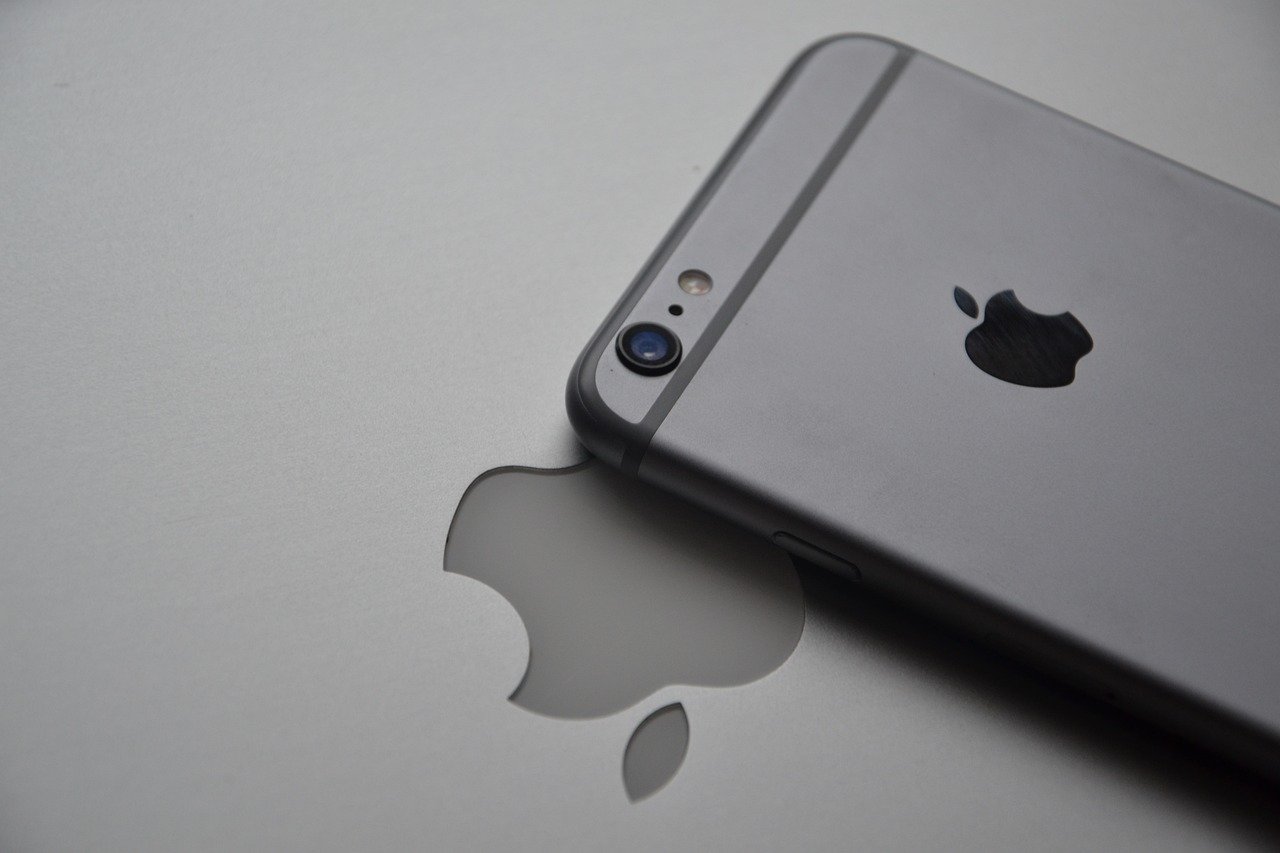The phone will remain safe from theft. Apple unveils a fresh version of iOS 17.3
Apple has rolled out a new feature for iPhone users. The name of this feature is Stolen Device Protection, which will be available under the latest update of iOS 17.3 With the help of Stolen Device Protection feature, users can protect their handset from theft and loss.
With this feature, the sensitive data present in the iPhone will also remain safe. Keeping in mind the needs of its iPhone users, Apple rolled out a new update of the operating system. The name of this update is iOS 17.3. A special feature Stolen Device Protection has been included in it. This feature was also discussed a lot. Let us know about it in details.
With the help of Apple’s Stolen Device Protection, users will get an extra layer of security. This layer is activated when the user is at his familiar location i.e. unknown location. For example, if you go from office to home and from home to office daily, then it is a familiar location.
iOS 17.3 introduces new anti-theft features, that would be a significant advancement in making Apple phones even more secure. Apple has always been at the forefront of device security, with features like Find My iPhone, Activation Lock, and Face ID/Touch ID, which collectively deter theft and unauthorized access.
Enhanced anti-theft features could potentially include more sophisticated ways to track and recover stolen devices, improved remote locking mechanisms, or even new methods to render the device unusable or inaccessible after it’s reported stolen, thus decreasing its resale value and deterring theft.
It’s also possible that such updates might leverage advanced encryption, more robust authentication methods, or tighter integration with law enforcement databases to help users recover their stolen devices more effectively.
However, it’s always important to keep in mind that no security measures are completely foolproof. Users should continue to exercise caution, like not leaving their devices unattended in public places and using complex passcodes.
1.Will be enabled at unknown location

This feature of iOS 17.3 will be activated when you are not at a familiar location. After this, many new features including double authentication will be activated in the mobile. Double authentication will be required to change important information or password etc.
This feature will prove to be very useful when your smartphone gets stolen. After theft or loss, no person will be able to change its password etc. This feature will protect the sensitive information present in the iPhone.
Apple introduces new anti-theft features with iOS 17.3 or in their device ecosystem, it would typically focus on making the devices less attractive targets for thieves and aiding in their recovery if stolen.
- Advanced Location Tracking: Beyond the current capabilities of “Find My,” future updates could offer more precise location tracking, even when the device is powered off or in a low battery state, using low-energy communication technologies.
- Lockdown Mode: A potential feature could be a “lockdown” mode that is activated when the device is reported stolen, severely limiting its functionality. This could make the device less valuable and deter thefts.
- Secure Backup and Wipe: Ensuring that users can quickly back up and remotely wipe their devices could protect sensitive information. Advanced versions might allow a device to be wiped without removing its ability to be tracked or locked.
- Theft Deterrent Notifications: The device could emit a loud sound or display a message indicating it’s stolen, deterring thieves from taking or keeping the device.
- Biometric and Behavioral Security: Enhancing security features to recognize not just the owner’s face or fingerprint but also patterns of behavior could prevent unauthorized use if the device is stolen.
- Integration with Law Enforcement: Future versions could streamline processes for reporting a device as stolen to local authorities and sharing its location data, making recovery efforts more efficient.
- Proactive Theft Prevention: Using AI and machine learning, the device could identify and alert users to situations where theft is more likely, based on location data and patterns of known theft incidents.
Remember, while these features can significantly deter theft and aid in recovery, they are most effective as part of a comprehensive approach to device security, including physical vigilance. Always check the official Apple announcements or detailed feature lists for the most accurate information regarding iOS updates and device security features.
2.Will have to wait for the second biometric

Another advantage of enabling Stolen Device Protection is that once the biometric attempt fails at the new location, users will get another biometric attempt after about an hour. The purpose of bringing this feature is to protect the iPhone from theft and loss.
iOS 17.3 will have features that can be enabled or remain functional at unknown or any location, Apple typically designs its location-based services and privacy settings. Apple places a strong emphasis on user privacy and security, which includes how iOS handles location services:
- Location Services: iOS allows users to enable or disable location services on their device entirely or on a per-app basis. This means that if location services are enabled, features that depend on location data should work regardless of the device’s location, whether known or unknown to the user.
- Find My Network: One of the critical features for locating a lost or stolen device is the “Find My” network. This service can help locate a device even if it is offline by using Bluetooth signals from other Apple devices in the vicinity. It’s designed to respect privacy, so it’s encrypted and anonymous. iOS 17.3 introduces new or enhanced anti-theft features, they would likely be designed to function across various locations to ensure the device remains secure and potentially recoverable.
- Privacy Controls: Any new location-based features in iOS 17.3 would continue to respect Apple’s privacy guidelines, likely requiring user permission to operate. Apple typically offers users clear controls over what data is shared and how it’s used, including location data.
- Global Availability: While some features might be restricted in certain countries or regions due to local laws and regulations, Apple generally aims to make its core features available worldwide. If a feature within iOS 17.3 is designed to enhance security or anti-theft measures, Apple would likely strive to make it as universally available as possible, barring any regulatory constraints.
It’s always a good idea to review the official iOS update notes and Apple’s privacy policy to understand how new features work, including any location-based services. These documents will provide detailed information on how to activate these features and any limitations that might apply based on your location.

3.How to enable this feature
Users can enable this feature after updating to iOS 17.3 operating system in eligible iPhones. To activate this feature, users will have to go to Passcode settings. This feature will be available only in iOS 17.3 or above version.
4.What else is new in iOS 17.3?
Talking about other features of iOS 17.3, Apple Music collaborative playlists will be available in it. This feature was first spotted in iOS 17.2 beta version. Apart from this, AirPlay 2 support has been expanded. With its help, iPhone and iPad users will be able to stream content on the TV installed in the hotel.
Extra’s
Apple Inc. designs and markets a range of smart phones known as iPhones, which are among the most prominent and influential pieces of technology in the modern era. Since the launch of the first iPhone by Steve Jobs in 2007, Apple’s smart phones have played a pivotal role in shaping the mobile industry and consumer technology at large. Here’s an overview of key aspects related to the iPhone:
Design and Features
Innovation and User Interface: The introduction of the iPhone marked a significant leap in smartphone technology and design, featuring a touch screen interface that eschewed physical keyboards, which were common at the time.
Build Quality: iPhones are known for their premium build quality, typically using materials such as aluminum and glass to provide a sleek and sturdy design.
Operating System: iPhones run on iOS, Apple’s proprietary mobile operating system known for its smooth performance, intuitive interface, regular updates, and strong security features.
App Ecosystem: The App Store, Apple’s application distribution platform, offers millions of apps, contributing to a robust ecosystem that enhances the functionality of iPhones.
Models and Evolution
Over the years, Apple has introduced various iPhone models, each improving on its predecessors in terms of performance, camera quality, display technology, and more. Notable advancements include the introduction of the Retina display, Face ID facial recognition, and significant camera improvements that have made iPhones highly capable photographic tools.
Impact and Market Position
Consumer Electronics: The iPhone has significantly impacted the smartphone market and consumer electronics, setting standards for design, performance, and user experience.
Software and Services: It has also played a crucial role in the growth of mobile software applications and services, including streaming, mobile payments, and health tracking.
Economic Influence: The iPhone has become a significant revenue generator for Apple, making it one of the most valuable companies in the world. It has also contributed to the development of a vast accessory and repair ecosystem.
Controversies and Challenges
Despite its success, the iPhone has faced various controversies and challenges, including issues related to user privacy, security, and the environmental impact of smartphone manufacturing and disposal. Apple has taken steps to address some of these concerns through software updates, improved security features, and initiatives aimed at reducing its environmental footprint.
Future Developments
Apple continues to innovate with each new iPhone release, focusing on areas such as augmented reality (AR), artificial intelligence (AI), and improving device sustainability. The company’s commitment to privacy and security, along with its efforts in health and wellness, are likely to remain key components of future iPhone developments.
The most recent iPhone models iOS and iPadOS is 17.4. series. For the latest information, including details on newer models that may have been released since then, it’s best to consult Apple’s official website or trusted tech news sources.

